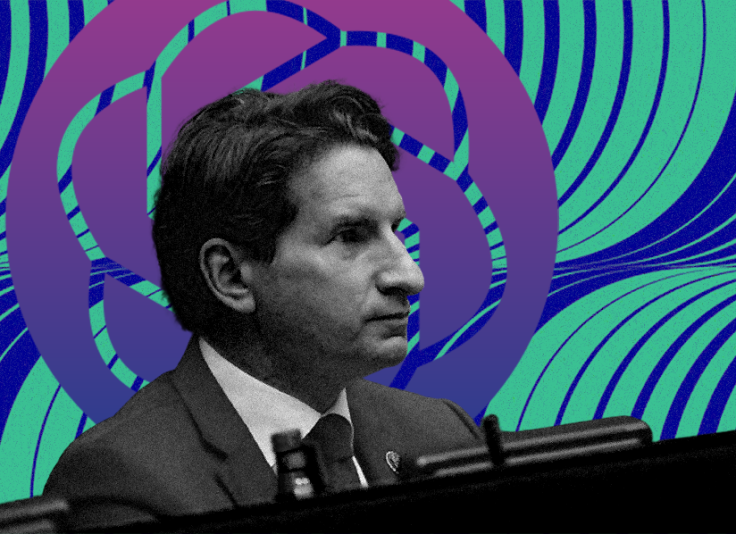OpenAI has just banned a political chatbot developer for impersonating presidential aspirant Democrat Rep. Dean Phillips in its first shot to fight misinformation ahead of the 2024 Elections.

The platform banned Dean.Bot and suspended its developer Delphi's account on grounds of violating its API policy against "political campaigning, or impersonating an individual without consent."
The chatbot, which can talk to voters in real-time, was the brainchild of Matt Krisiloff and Jed Somers, The Washington Post reported.
Krisiloff and Somers are also the head of the super PAC, We Deserve Better, that declared its support for Philipps.
We Deserve Better is the same PAC that received $1 million from Bill Ackman, the hedge-fund billionaire that spreading his influence into American politics ahead of the 2024 Elections last year.
The suspension comes in days before Philipps makes his appearance on New Hampshire's primary ballot this Tuesday, Jan. 23.
OpenAI Vows to Fight AI-Fueled Misinformation on Platform
Dean.Bot's ban follows after OpenAI vowing to combat AI-powered misinformation as one-third of the world's population heads to voting polls.
OpenAI's products, particularly ChatGPT and DALL-E, have been the primary tool for many misinformation campaigns over the past months.
Many of these online campaigns surround presidential candidates, including President Joe Biden and former President Donald Trump.
The AI startup assured that it will continue to make its platform safe by "elevating accurate voting information, enforcing measured policies, and improving transparency."
Concerns on AI Threats Continue to Grow
World leaders and industry giants have already expressed worries about the emerging risks posed by the rapidly evolving AI to society during the recently concluded World Economic Forum.
One of the main concerns raised was its capability to produce "fake news" and disinformation much faster, reaching a far wider audience, many of which are voters.
Lawmakers around the world have already filed bills to further regulate AI uses to prevent another nationwide misinformation as it did in the 2016 and 2020 Elections.
Related Article : OpenAI CEO Concerned About AI Interference in 2024 Elections









